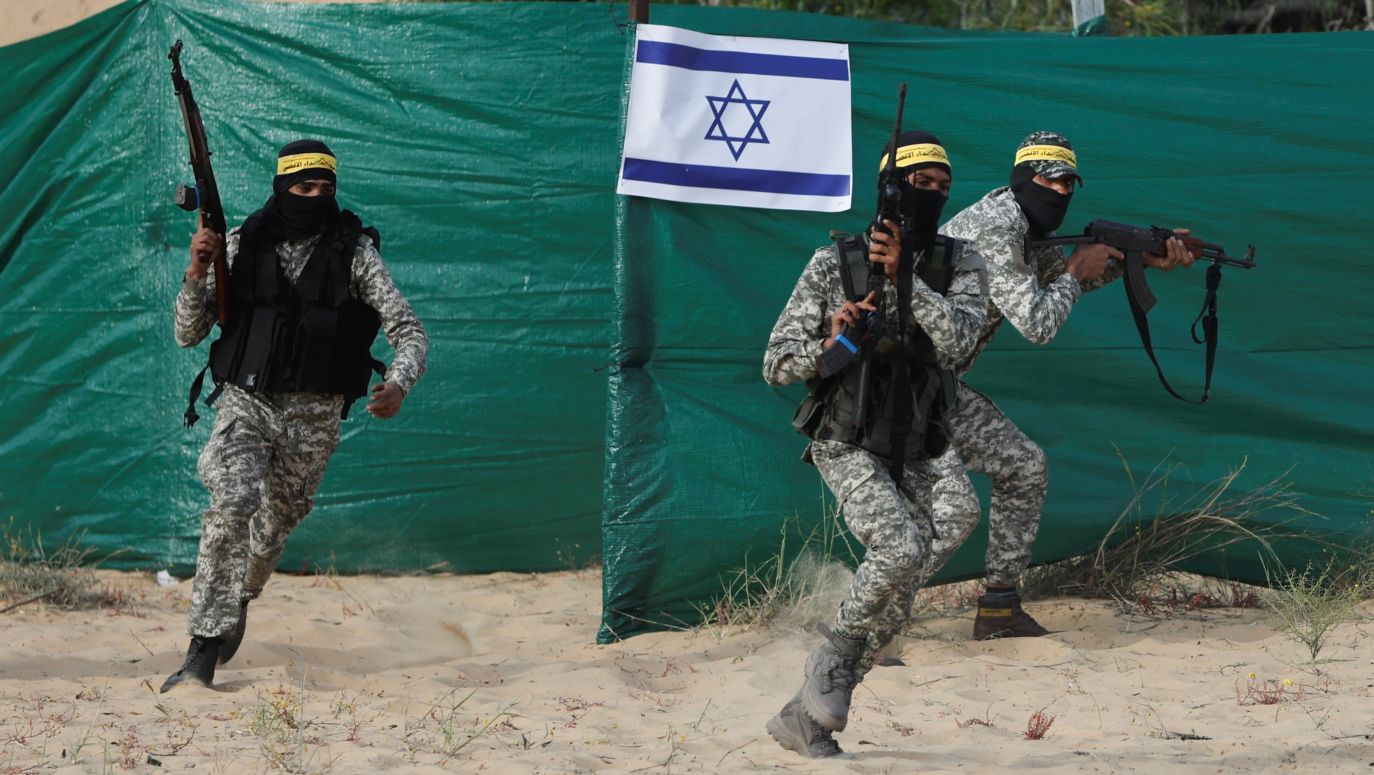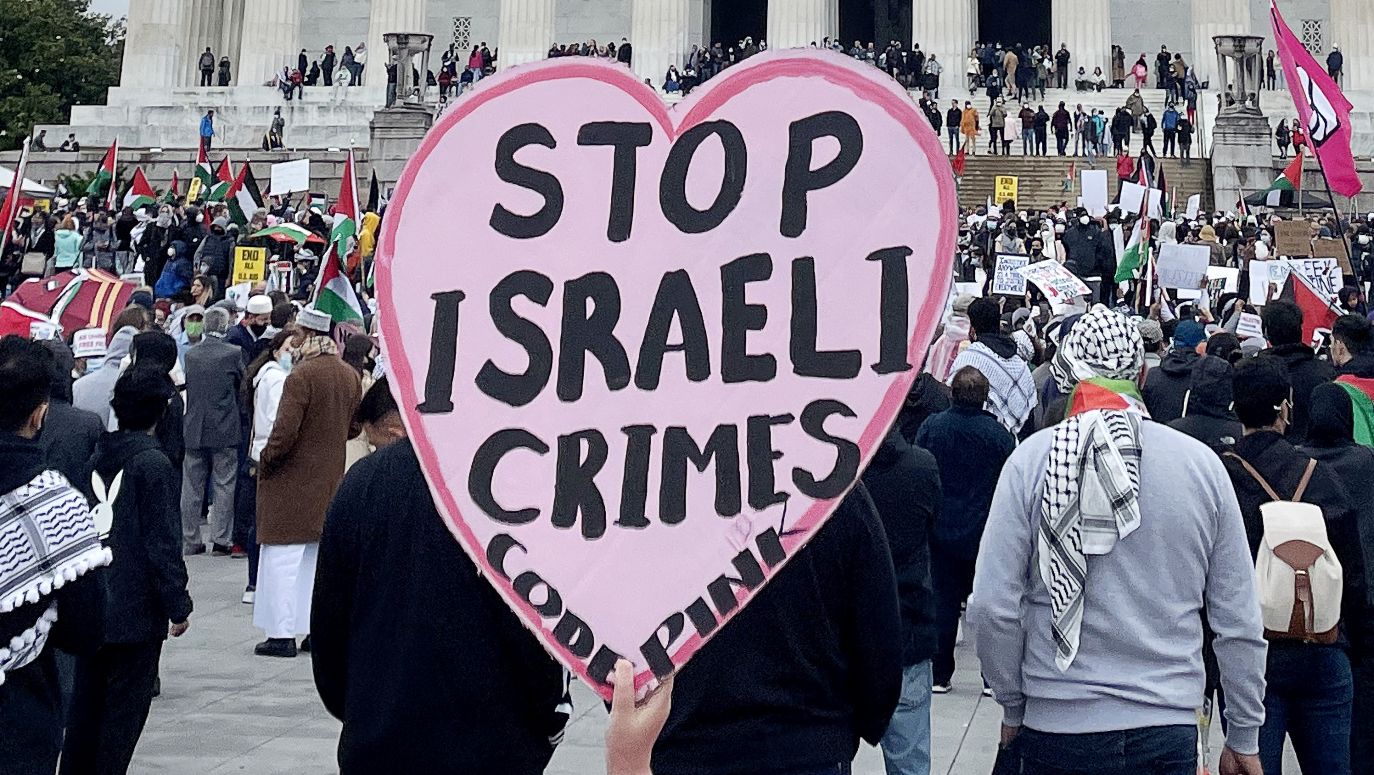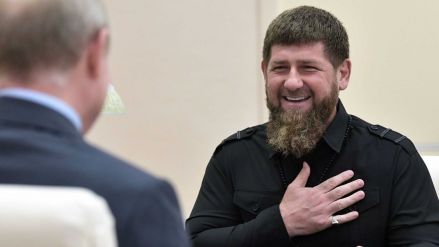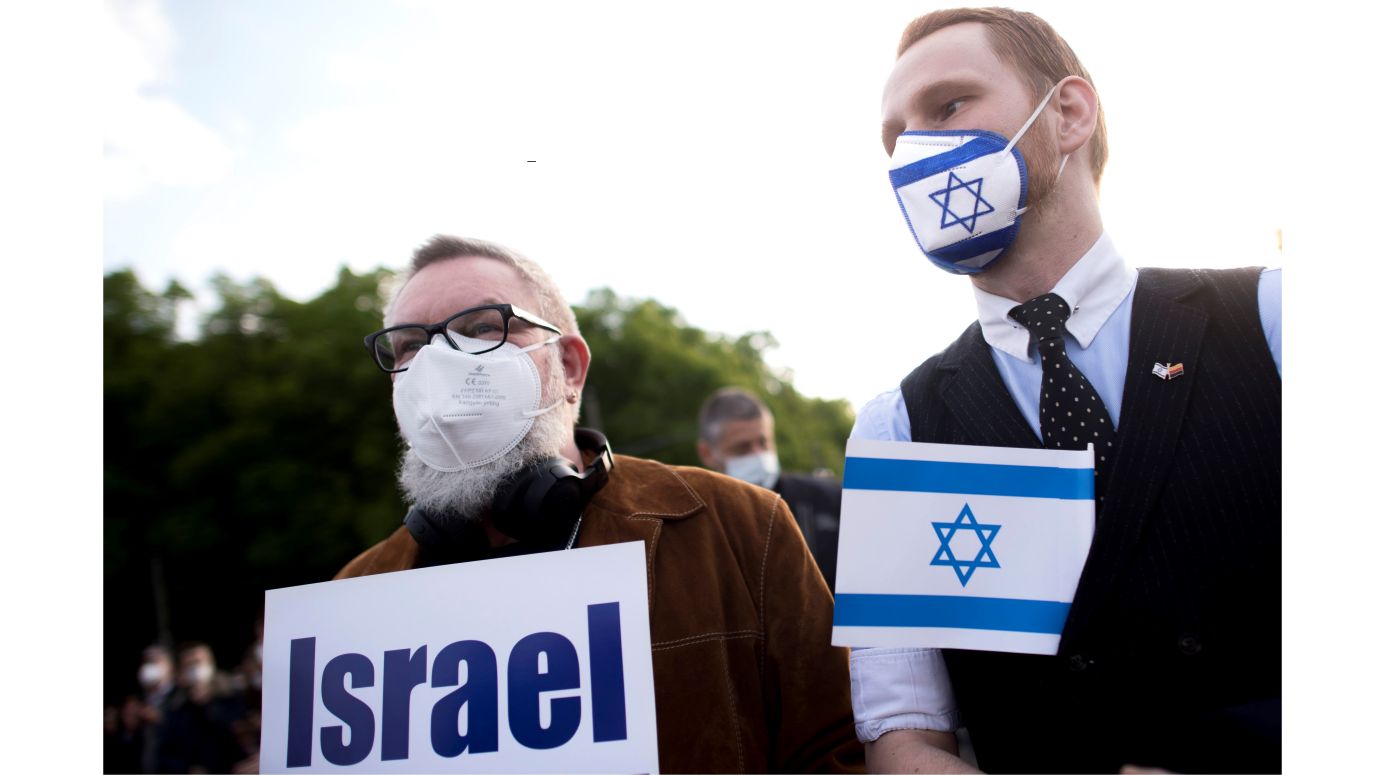The hand of the Lord was upon me, and carried me out in the spirit of the Lord, and set me down in the midst of the valley which was full of bones. And caused me to pass by them round about: and, behold, there were very many in the open valley; and, lo, they were very dry..
 WAR IN UKRAINE
WAR IN UKRAINE 
he Holocaust of the European Jews, the sight is downright paralysing. As if everything had come to a standstill, Chapter 37 of the Book of Ezekiel no longer budges after the first two verses. No sinews are put back on the bones. No flesh grows over them. No spirit ascends into them. And one certainly does not notice that the final words of the prophecy have been fulfilled:
„Behold, O my people, I will open your graves, and cause you to come up out of your graves, and bring you into the land of Israel.”.
On the contrary; many - "embedded in the landscape of gallows" - seem to nod in agreement with Professor Barbara Engelking when she states: “As well lie among the dead, men laid low in the grave,” (Psalm 88, 6). Many undoubtedly also agreed when, accepting the 2018 St George's Medal, she spoke of her discovery that "evil is stronger than good", adding, "Holocaust research made me realise the futility of existence".
Professor Engelking's other words from the speech initially seem to suggest a way forward from the chilling past. "I contrast care with the recently popular memory that is historical, closed, focused on the past. Caring is alive and current. It belongs to the present." Nevertheless, the parsimonious explanation Engelking later offered about the nature of such caring nevertheless leads back to the past - specifically, to "andragogy", which means, in a way, instilling in adults the paralysing sight of eternally dry bones.
"I can't warn anyone, save anyone, bring anyone back to life."
* * *
A few months ago, Dara Horn - an American, professor of Jewish Studies and novelist - published a provocatively titled book, People Love Dead Jews, whose first words develop the title in a hardly surprising direction: "People love dead Jews. Living Jews, not so much". Written in a witty style that does not hide the author's indignation, Horn's book stigmatises the morbid institutionalised obsession with a universalised evil that renders the ethnicity and religion of the actual victims secondary to considerations of theodicy - rendering living Jews invisible.
Among the many telling examples given by Dara Horn are two from the Anne Frank House in Amsterdam. The first concerns how, in late 2017/18, the museum banned a young employee from wearing a kippah in public: "The museum's managing director told newspapers that a living Jew wearing a yarmulke could 'interfere' with the museum's 'independent position'. After six months, the museum finally relented, which seems quite a long time for the Anne Frank House to consider whether it is a good idea to force a Jew into hiding."
Horn then shares a story a year earlier, pointing not to unrelated incidents but to a mindset. The audioguide to the museum, in keeping with worldwide practice, included small icons of national flags for the languages that could be selected. So there was the flag of Japan next to the Japanese language button, the flag of Italy next to Italian, and so on. But visitors noticed one single exception - the Hebrew language selection was not accompanied by an Israeli flag. A climate of discomfort towards living Jews apparently caused the "erasure", as Horn put it.










